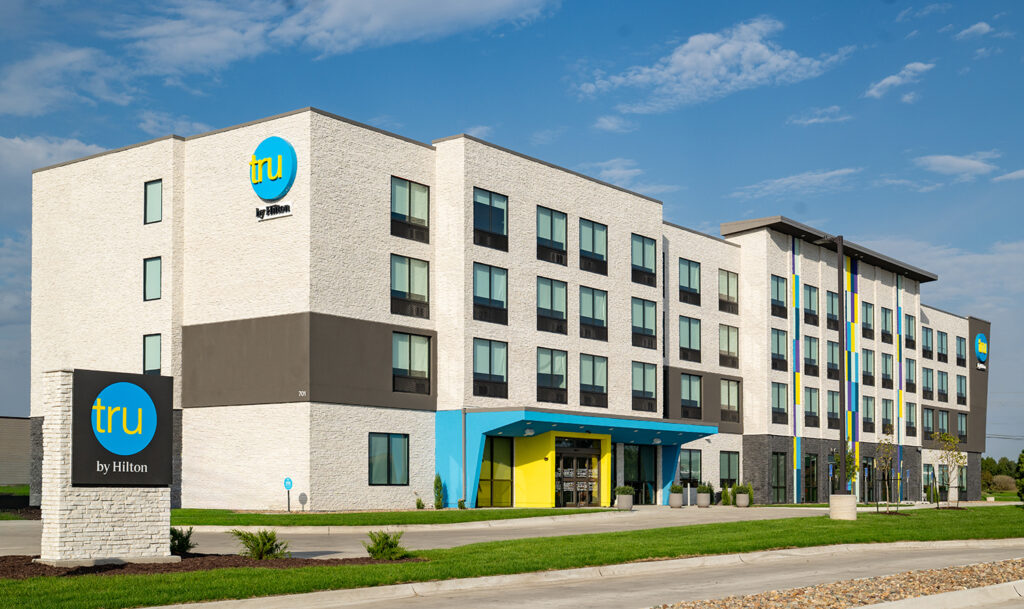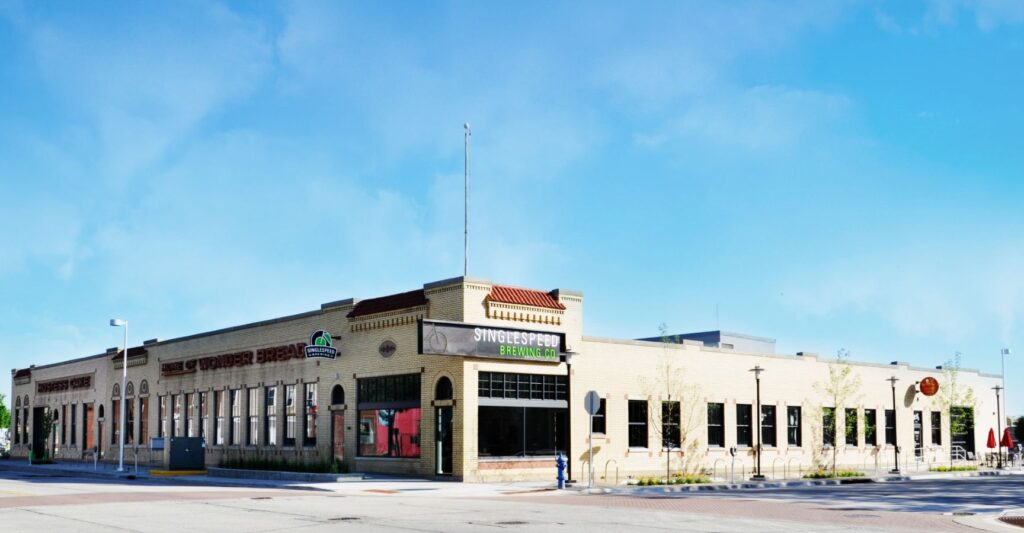City officials growing impatient over slow pace to clean up contaminated 40-acre site

KATHY A. BOLTEN Jan 9, 2020 | 6:07 pm
4 min read time
1,017 wordsBusiness Record Insider, Real Estate and Development
Des Moines city officials and others are growing impatient over the snail’s pace it’s taking to transform a contaminated 40-acre site south of downtown into property that can be redeveloped.
Dico Inc., a closed manufacturing plant located south of Martin Luther King Jr. Parkway and east of the Raccoon River, has sat empty for 25 years as property owner Titan International Inc. fights the federal government over cleanup costs of the Superfund site and other issues.
As the court battles drug on, development south of MLK Parkway has inched closer to Dico, located at 200 S.W. 16th St.:
– The 84-acre Gray’s Station, a $250 million Hubbell Realty Co. development that includes apartments, townhouses, condominiums, single-family residences, restaurants and other businesses, is underway south of MLK Parkway between Southwest Ninth and Southwest 11th streets. The southern portion of the development is adjacent to the Dico property.
– Gray’s Landing, a development by Minnesota developer George Sherman that includes residential, commercial and hotels, is about five blocks from the Dico property.
– Blackacre Development, affiliated with Krause Group, recently proposed building an outdoor stadium that would be surrounded by a 500-stall parking garage, a five-story office and retail building, and restaurants. The $95 million development is planned along Southwest 14th Street, just a block east of Dico.
“Dico does not fit with all that is going on in that area,” said Des Moines City Council member Josh Mandelbaum, who represents the area in which the site is located. “The site needs to get cleaned up.”
Liens filed against Dico property total $20 million
In 1983, Dico was added to the Environmental Protection Agency’s Superfund list. The designation, which allows the EPA to clean up contaminated sites, came about seven years after trichloroethene, or TCE, was found in Des Moines’ drinking water. Studies determined the TCE, used in industrial degreasers and linked to cancer, came from the Dico property, whose operations over the decades included steel wheel manufacturing, chemical and herbicide distribution, and pesticide formulation processes.
Titan International bought the property in 1993, 10 years after the property was added to the Superfund list. In 1995, Titan closed Dico.
In lawsuits, Titan has argued that because it didn’t cause the contamination, it was not responsible for paying for the property’s cleanup. While the court ruled against Titan and the company lost all of its appeals, it hasn’t paid any fines.
Liens tied to that court case – and a second similar one – have grown to nearly $20 million, a review of Polk County Recorder’s Office records shows.
During the 25 years the property has sat unused, the buildings have fallen into major disrepair, becoming eyesores and places for homeless to take refuge.
“The Dico site is at the front door of major investment to the community,” said Joe Pietruszynski, Hubbell’s senior vice president of development and construction. In the past decade, MLK Parkway has been extended around the southern part of downtown and Fleur Drive has been upgraded.
Those improvements have sparked private investment by companies like Hubbell, Sherman and Associates, and Blackacre Development, which recently bought the site for the proposed stadium, Pietruszynski said.
“And unfortunately, even with all that major investment that’s going on, there still remains the Dico site,” he said. “Having a solution for [the site] would provide an opportunity to enhance the value of downtown and surrounding areas.”
The Dico property was valued in 2019 at $297,000, a 27% increase since 2015 when it was valued at $233,000, Polk County Assessor’s Office data shows. The 2015 value was Dico’s lowest value in the past 20 years. In 1993, the property was valued at $1.2 million, assessor records show.
If the obsolete buildings were demolished and the site environmentally cleaned, “the land value would increase significantly,” according to Mark Patterson, Polk County’s commercial deputy assessor.
Titan International spokespeople did not respond to telephone or email requests for comment.
Sanders wants site cleaned up soon
In the past three years, the Trump administration has touted its work to improve and expedite Superfund site cleanups and promote redevelopment. However, scant progress has been made at Dico.
Des Moines City Manager Scott Sanders said the city has asked Iowa’s congressional delegation to help move discussions along between the federal government and the property’s owners.
“They understand our concerns and priorities, but I think they also recognize that they need to let the judicial department and EPA work through it,” Sanders said. “We’ve made them aware that this blight is in a highly visible area and that this needs to be resolved.”
The Dico site can’t sit another decade without remediation, Sanders said. “That is not a good option. If the conversations don’t produce an answer quickly, we will be looking at other options.”
When asked to define “quickly,” Sanders said, “Inside of two years.”
“The question will become how much public benefit is there to doing something with local public funds,” he said. “Our preference is to let the federal process work. … At the very least, we want the buildings torn down and the area become green space.”
Pietruszynski said he doubts the Dico property can be remediated without government assistance. “The cost to remediate it is more than what the property is worth,” he said.
Benjamin Washburn, a spokesperson for the EPA, wrote in an email that the agency is “committed to pursuing ‘enforcement first’ for all phases of response actions at Superfund sites. This policy promotes the ‘polluter pays’ principle and helps conserve taxpayer dollars.”
Still, Washburn wrote, the EPA is also committed to working with Dico and others to redevelop the site. Before redevelopment can occur, though, the buildings must be demolished and removed from the site, a process that would cost between $3 million and $5 million and take up to eight months to complete, Washburn wrote.
Everyone wants to see the site cleaned up and “returned to a higher and better use,” Mandelbaum said. “This whole area is going to be more and more vibrant, and you want every piece of the neighborhood to be part of the vibrancy.”











